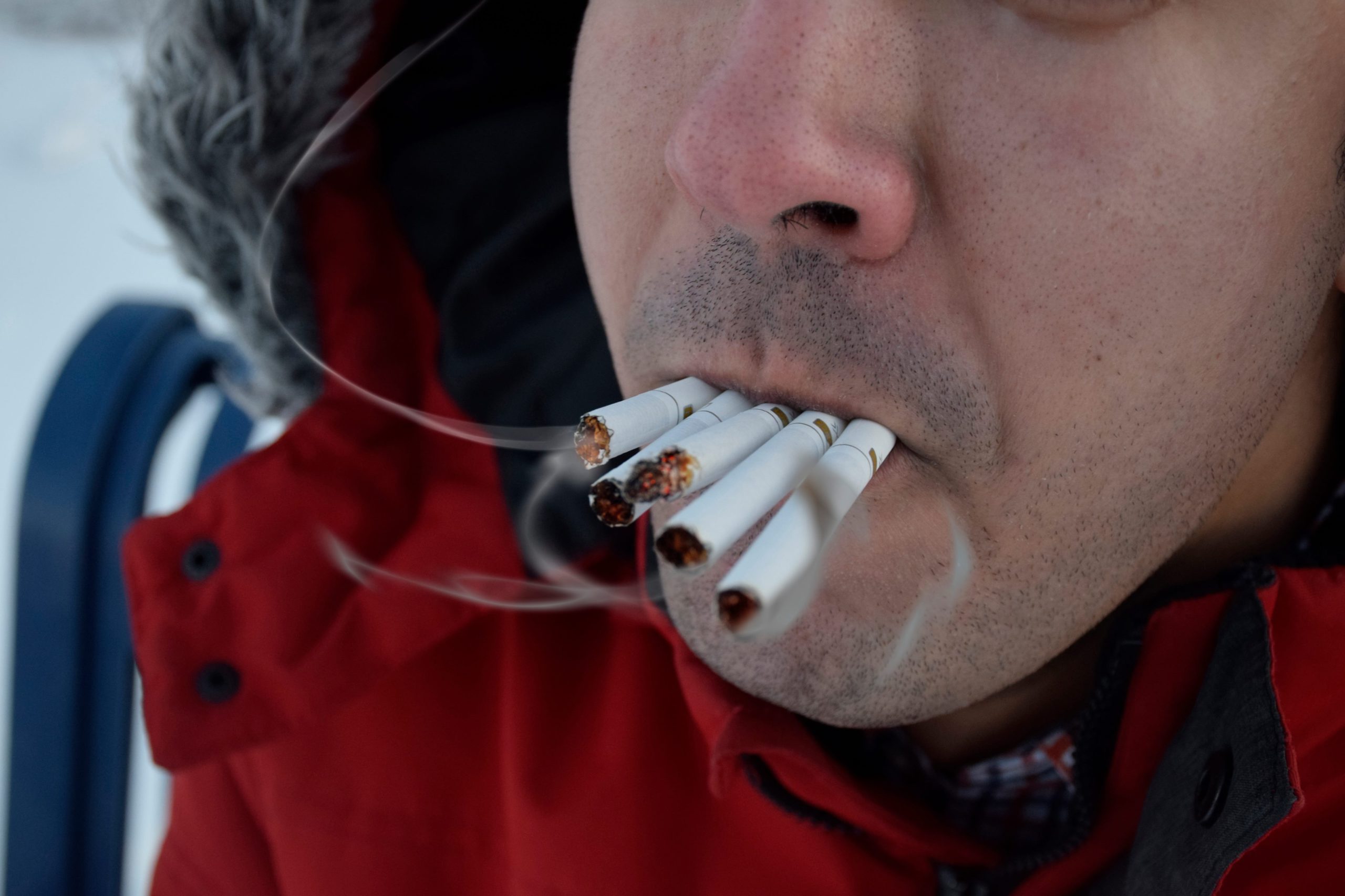Jodie Vanderslot | Health Editor
Featured Image: A slip-up doesn’t mean you’ve failed—it’s part of the process. | Sondoce Moataz
Many people around the world have made their New Year’s resolutions; often times, this includes a better diet and physical regime, but for some, the task can be even more daunting.
Resolutions are notorious for being broken—however, for those struggling with addiction, the stakes for breaking their habit and adapting new coping mechanisms is even higher and involves re-training both body and mind to avoid the physical, social, and emotional cues.
Addiction is a disease; it is a chronic and compulsive engagement in a stimulus despite harmful and adverse consequences, such as changes in the brain’s structure and functioning. With continued use of a substance, users begin to develop a tolerance. As their tolerance increases, they seek increased amounts of the substance to experience the same effects, otherwise they may experience withdrawal.
Overcoming addiction can be extremely challenging, which has led researchers to question whether certain individuals are more predisposed to addictions than others.
This predisposition can be influenced by genetic, environmental, biological, or behavioural factors. Being susceptible to an addiction can mean that an individual is more vulnerable to becoming addicted themselves.
“There is research supporting that some people are more vulnerable to certain addictions than others. It can be challenging to disentangle the social, environmental, genetic, biological, and personality influences that might cause some people to be more vulnerable. But there is evidence supporting the theory that these are all contributing factors of addiction,” says Sara Pishdadian, a master’s student in Clinical Neuropsychology.
Addiction can encompass a number of disorders, which includes the most well-known and common, such as alcoholism, which is now categorized as Alcohol Use Disorder.
Laura Demoe, the vice-president of clinical services in Trafalgar Residence, explains Alcohol Use Disorder as “patterned issues that result from continued use of alcohol or being preoccupied with alcohol…despite it causing problems in your life.”
Another common addiction is smoking cigarettes, which is now categorized as Tobacco Use Disorder, where its diagnostic criteria parallels that of Alcohol Use Disorder.
Quitting smoking is “one of the most challenging addictions to overcome. There is always hope for an individual committed to quitting, and many smoking cessation programs that individuals can speak to their doctor about,” says Demoe.
Breaking these addictions might begin with a process called detoxification. For those with a drug dependence, detox is the abrupt cessation of drug intake, which allows the body to naturally remove the drug from its system with medical supervision. Detox can lead to symptoms that are often uncomfortable and painful.
In some instances, depending on the drug and if dependence is severe, it can send the body into shock, and these symptoms are sometimes even deadly.
“The second step from recovery is learning how to manage without the substance, this can be done either through new coping skills, changing one’s lifestyle, finding professional support, and/or adjusting one’s environment—such as ending unhealthy relationships,” says Demoe.
“Treatment for addiction varies depending on the type of clinician a person visits and the treatment they choose. The path to recovery is not always a straight road, and some people may have periods of remission and periods of addiction before sustaining remission. Recovery is an individual journey,” adds Pishdadian.
“Recovery is achievable, and is often a work in progress,” says Demoe.
“Achieving recovery is an incredibly challenging process and often depends on having a strong support network. Individuals are often most successful when he/she is supported by family/friends in the process and has access to the necessary resources. Recovery depends on continued maintenance, and relapse is always a possibility.
“There are free services in Toronto and in Canada, which allow addicts to break from their addictions through clinical or therapeutic methods,” she adds.
Breaking an addiction is physically, mentally, emotionally, and spiritually difficult; but with the right support system and attitude, it is possible.
A slip or relapse does not mean failure. Often times, this is part of the process and you can always get back on track.
With files from Abdeali Saherwala


